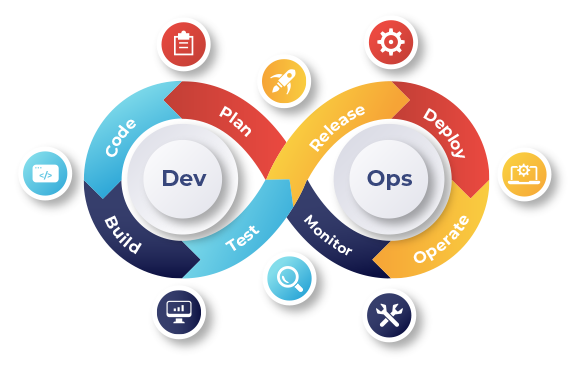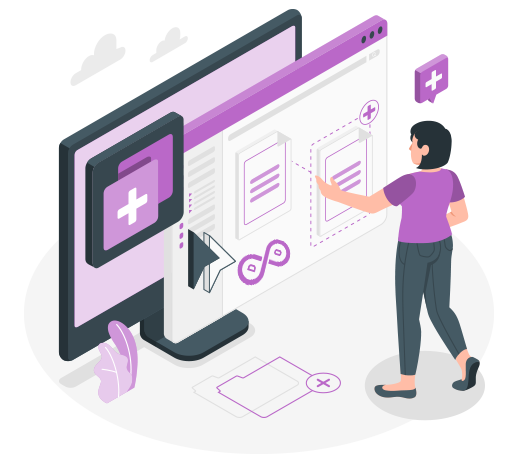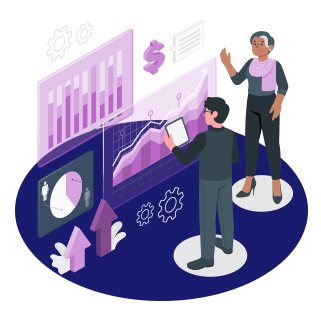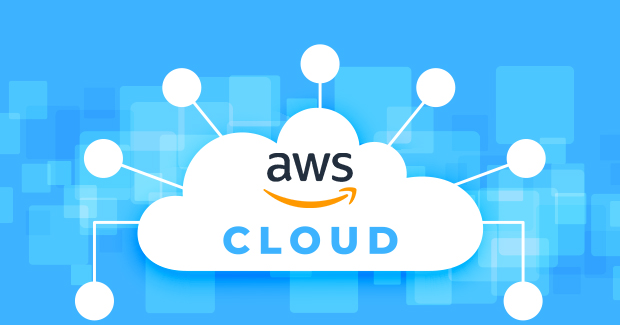DevOps
Accelerate software development cycles by improving Compatibility and visibility between software developers and IT Operations.
DevOps Services
DevOps is an upcoming methodology that is improving partnership and visibility between software developers and IT operations teams. It’s a methodology that aims to accelerate software development cycles, increase IT team efficiency, and drive business value. DevOps is a method to extend the relation and statement between development and operation teams. DevOps follows up and systematizes the procedures among software improvement and IT teams, in demand to form, evaluate, and release software quickly and reliably.
Why DevOps at iBeris?
Azure Tools on DevOps
We use Azure tools for modern dev services. By implementing Azure Boards, we deliver value to your users faster using proven agile tools to plan, track and discuss work across teams. We creates story with descriptions and well planned tasks under each story. IBeris helps in implementing Azure Repos for unlimited private git repos, team collaboration, email sending, code review and advanced file management. We can attach files, screenshots, source code URL’s during task completion. Azure Pipelines used to build, test, and deploy with CI/CD that works with any language, platform and cloud. Connect to GitHub and deploy continuously.
Google DevOps
Team iBeris has experts to work on Google’s data cloud that is unmatched in terms of speed, scale, and security—all with in-built AI support. We are good to maintain the Artifact Registry which provides a single location for managing packages and Docker container images. We help in creating a private Docker repository in Artifact Registry, Set up authentication, Push, Pull the images within the repository. Our team will configure Jenkins on Google Kubernetes Engine allows you to improve software delivery performance with continuous integration, continuous delivery, and automated deployment. Google Cloud Smart Analytics Platform is a flexible, open, and secure analytics platform.
AWS Cloud
DevOps team at iBeris implements AWS services that are designed for for use with the AWS cloud. We build the application, configure the server, deploy the application and later expand the server features, add load balancer. Do Performance testing. IBeris set up microservices architecture which is a design based approach to build a single application as a set of small services. Each service runs in its own process and communicates with other services through a well-defined interface, typically an application programming interface (API). We do implement, Amazon CloudWatch so that you can monitor your infrastructure metrics and logs. AWS CloudTrail helps in tracking user activity and API usage.
Features of DevOps
- Faster, better product delivery.
- Faster issue resolution and reduced complexity.
- Greater scalability and availability.
- More stable operating environments.
- Better resource utilization than having the traditional setup.
- Greater automation.
- Greater visibility into system outcomes.
- Greater innovation.


Managed DevOps Services
- Enhance methods, toolchains, and people skills for upholding and improving processes.
- Oversee the design, creation, server setup, configuration management, CI/CD, and automation.
- Implement monitoring practices, feedback practices, and troubleshooting.
- Obtain an end-to-end implementation of DevOps guidelines to accelerate product time to market.
- Break down data and communication silos for effective collaboration.
Containerization in DevOps
- Containerization is a process of binding the application and its environment. With binding, you can make the application run in any computational environment.
- Containerization helps in setting an identical environment quickly To bridge the gap between development team and IT infrastructure team. It makes both sides work on a common environment.
- Docker tool is widely used for implementing containerization in DevOps. They are a streamlined way to create, test, deploy, and redeploy applications in multiple environments.


Features of Containers
- Less overhead costs
- Improved productivity
- More consistent operation
- Better application deployment
- Greater efficiency

FAQ: DevOps
Why there is a need for DevOps?
DevOps provides platform for operations and development professionals with common methodologies and processes to work together in mutual cooperation. DevOps helps professionals to learn how to work in a new way that facilitates the complete cooperation with each other.
How to achieve Continuous Delivery (CD) in DevOps without downtime?
It is possible to achieve continuous delivery with zero downtime using the following techniques:
- A/B switch
- Software load balancers
- Delaying the port binding
What are the 4 key components of DevOps?
An efficient DevOps pipeline should include the following basic components:
- CI/CD framework.
- Source control management.
- Build automation tools.
- Code testing framework.
What is DevOps configuration management ?
DevOps configuration is the evolution and automation of the systems administration role, bringing automation to infrastructure management. DevOps configuration also brings system administration responsibility under the umbrella of software engineering.





